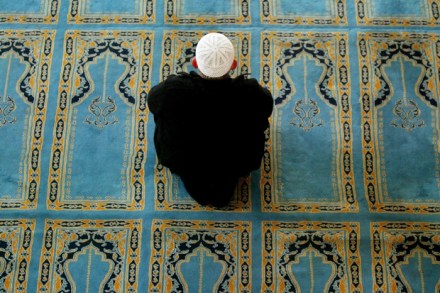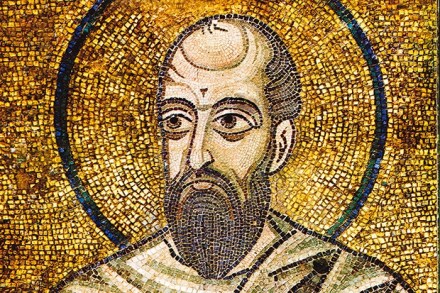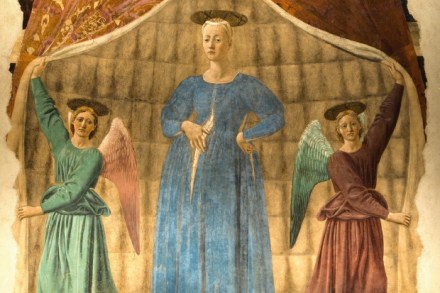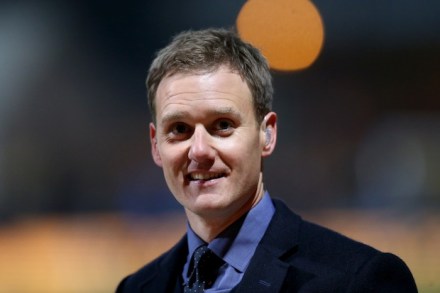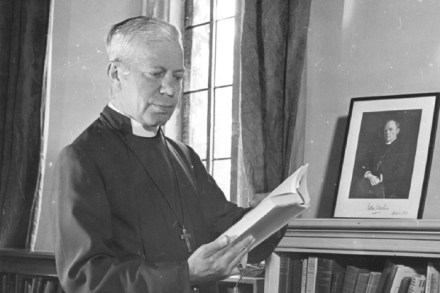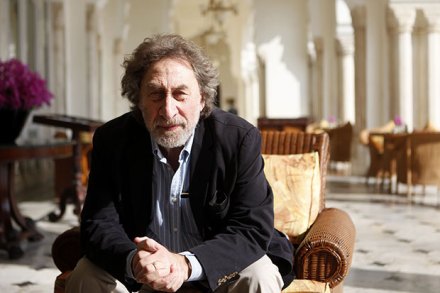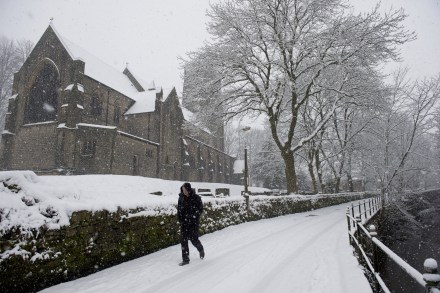Can Islam move away from theocracy?
Terrorism is a distraction. It’s a distraction from the big question of our day, about Islam and violence. Only a tiny minority of Muslims affirm that sort of violence. A far larger proportion of Muslims condone another, vaguer sort of violence. It is this that we must confront. I mean the violence of theocracy. Theocracy is the belief that one religion should be absolutely culturally dominant. Of course it thinks that the state should enforce this; if the state fails to do so it loses legitimacy. This theocratic worldview is the underlying cause of Muslim terrorism. To judge from its founding texts, and its history, Islam is a religion that
